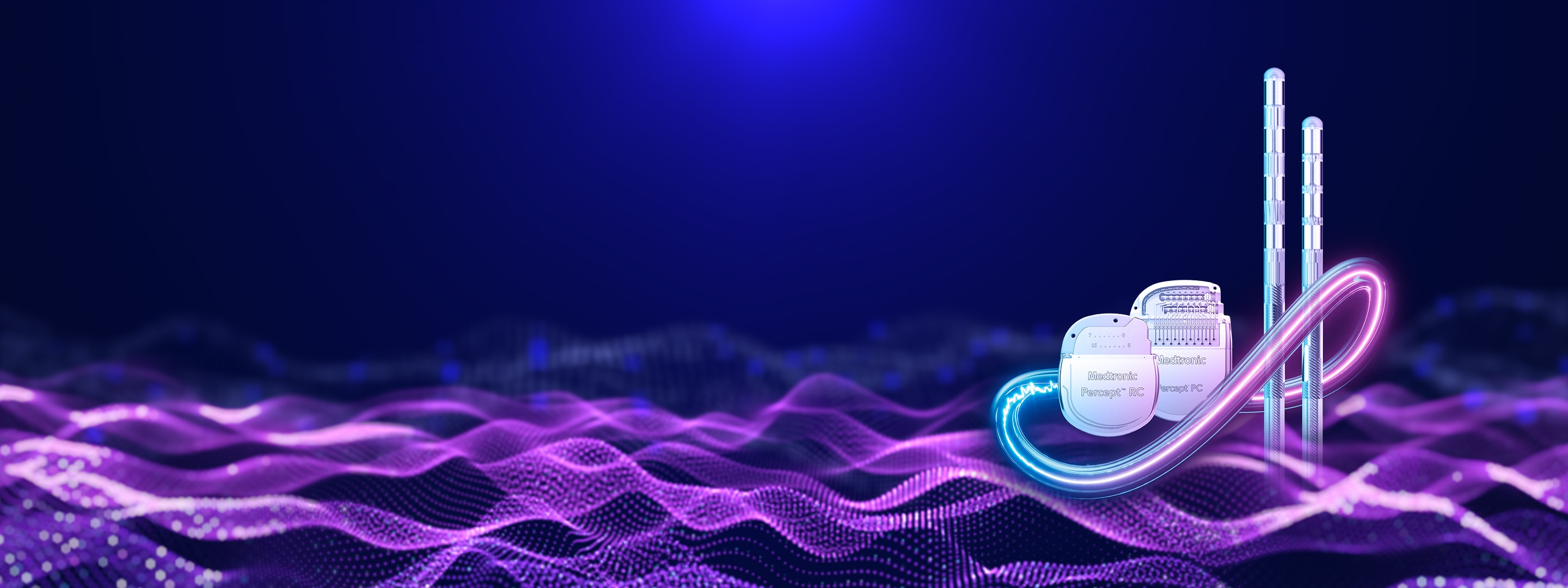Read insights from Medtronic BrainSense™ technology: a clinician case study on LFP-informed programming optimization for tremor control.

Deep brain stimulation
BrainSense™ technology
The only sensing-enabled DBS system, now with the world’s first closed-loop feature for Parkinson's disease






